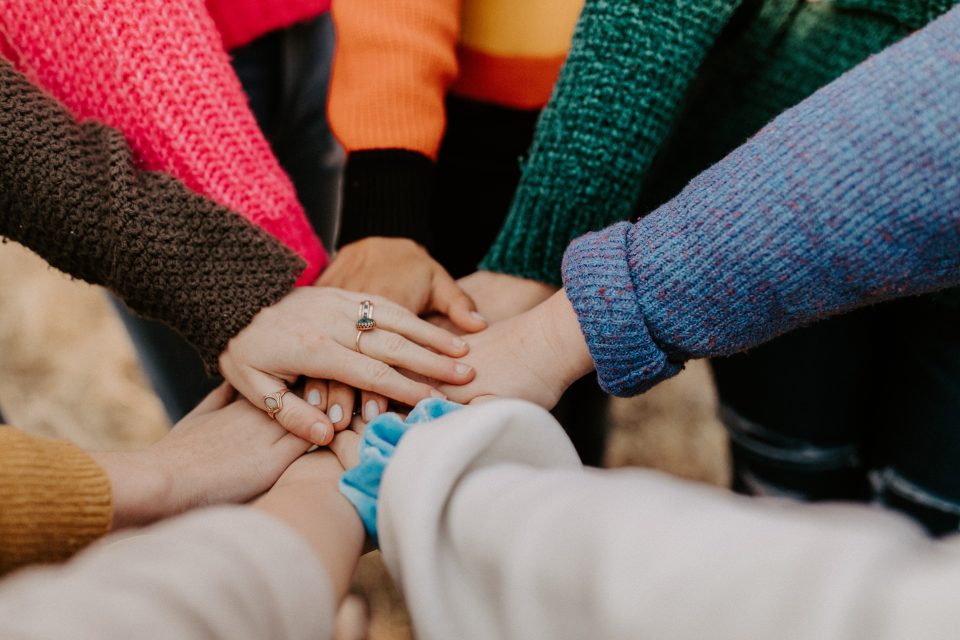International Women’s Day is celebrated every year on 8th March in Indonesia, just like in many other countries around the world.
This day is a time to celebrate the social, economic, cultural, and political achievements of women, as well as to raise awareness about the ongoing fight for gender equality and women’s rights at home and globally.
In Indonesia, International Women’s Day is typically marked by various events and activities, including seminars, workshops, rallies, and cultural performances. These events are often organised by women’s rights groups and other civil society organisations, as well as by the government and private sector.
The National Network for Advocacy for Domestic Workers (Jala PRT) plans to demonstrate in front of the House of Representatives Building to bring attention to their cause.
“The action will be a theatrical title, 1,000 Women Looking for Ms. Puan,” said the coordinator, Lita Angraeni.
This theatric display is aimed at asking Chief House of Representatives Puan Maharani and other leaders to pass the Domestic Worker Protection Act Bill.
This issue is being addressed because domestic workers are vulnerable to becoming victims of physical violence and abuse by their employers. According to data, there have 2,641 domestic workers who were victims of violence.
The theme for International Women’s Day in Indonesia varies from year to year, but it often centres around empowering women, eliminating violence against women, promoting women’s health and education, and increasing women’s representation in leadership positions.
This year, the worldwide theme revolves around DigitALL: Innovation and Technology for Gender Equality, and is supported by the hashtag #EmbraceEquity.
The goals of this theme are for the world to talk about why equal opportunities are not enough for women and to help build a worldwide conversation about this important issue.
International Women’s Day celebrations began in 1908 when 15,000 women staged a demonstration in New York, United States.
They exercised their rights in order to raise wage standards and cut working hours. In 1910, Leader of the “Women’s Office” Clara Zetkin proposed an idea for establishing an International Women’s Day which suggested that every country celebrate one day a year to support women’s demands for action.
Despite progress being made in recent years, women in Indonesia still face many challenges, including discrimination, violence, and limited access to education and economic opportunities.
International Women’s Day serves as an important reminder of the ongoing struggle for gender equality, and as a call to action for individuals, organisations, and governments to work together to create a more just and equitable society for all.




